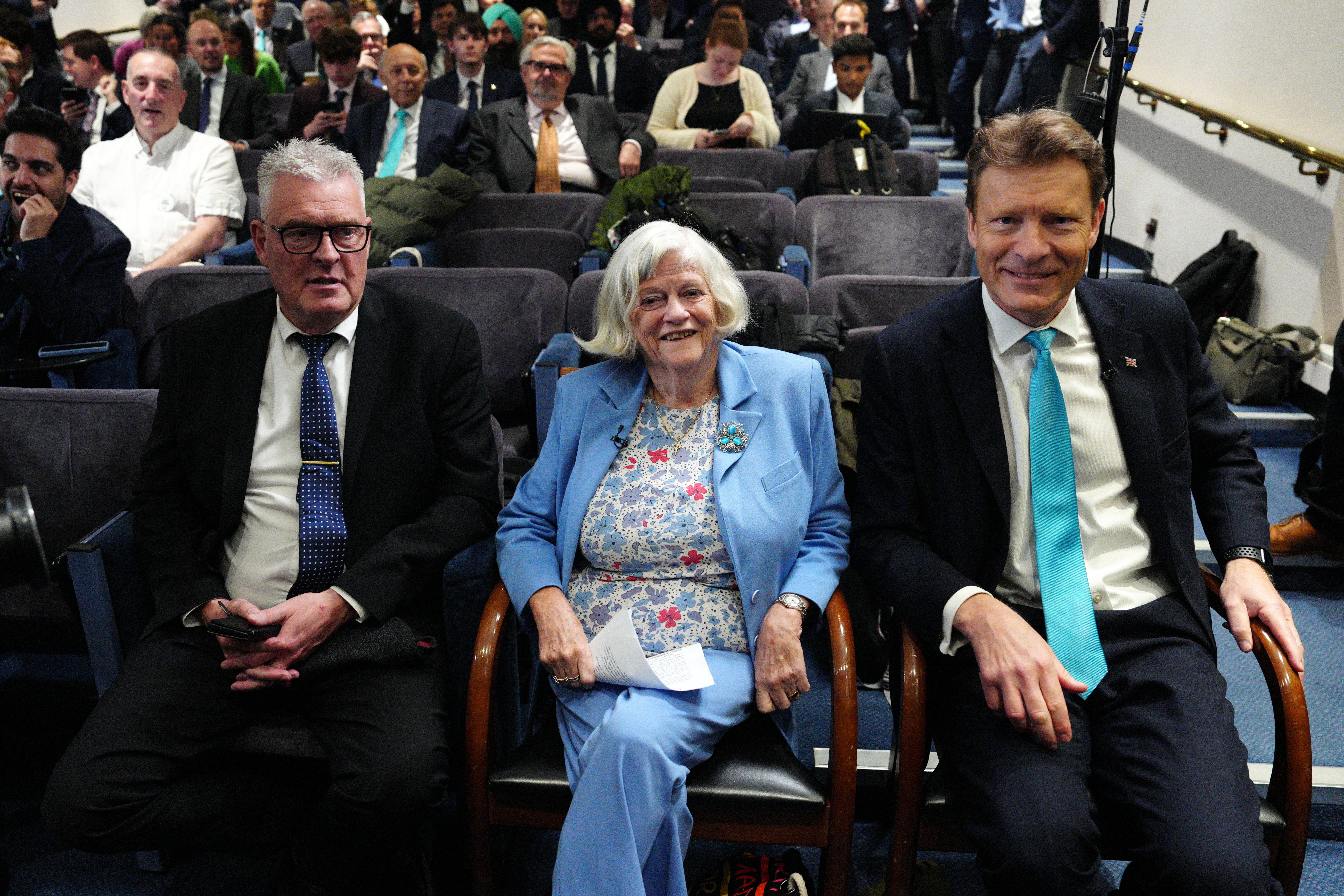What are Reform UK’s chances now Nigel Farage has ducked the election?
Richard Tice, the leader, bravely claimed that the party’s founder ‘will be everywhere’ during the campaign, writes John Rentoul


Nigel Farage, the founder and owner of Reform UK, the rebranded Brexit Party, has announced he will not be standing for parliament in this election. After five unsuccessful general election attempts and two by-elections, he said: “I will do my bit to help in the campaign, but it is not the right time for me to go any further than that.”
He dutifully said that “only Reform have the radical agenda that is needed to end decline in this country”, but ending decline in Britain was less important to him than “the contest in the United States of America” – a contest that, traditionally, does not really get going until Labor Day, 2 September, let alone Independence Day, 4 July.
Richard Tice, his successor as leader of Reform, insisted Farage would still be on bus tours, knocking on doors and speaking at rallies.
How popular is Reform?
The party’s support in opinion polls has stalled in the month since the local elections, when the party stood in only one in six seats. Although it won 17 per cent of the vote in the Blackpool South parliamentary by-election on the same day, its average support in national opinion polls peaked at 13 per cent and has since drifted to 11 per cent.
As Alan Wager, a political analyst, has pointed out, Farage’s previous party, Ukip, was polling about 10 per cent in the week before Theresa May called the 2017 election. Farage sat out that election, too, having handed the leadership of Ukip to Paul Nuttall, while Farage focused on his work as a member of the European parliament. During the campaign, Ukip’s support declined to 3 per cent, and it ended up winning 2 per cent of the vote on election day.
Will Reform win any seats?
Richard Tice announced on Thursday morning that he would be the Reform candidate in Boston and Skegness, the constituency that recorded the highest Leave vote in the 2016 referendum. The Ukip candidate won 34 per cent of the vote there in 2015, but slumped to 8 per cent two years later, and the Brexit Party didn’t contest the seat in the last election.
Tice has obviously decided that Lincolnshire is a better prospect than Hartlepool, where he stood at the last general election. It has the added advantage for Reform of pitting Tice against Matt Warman, an MP on the left of the Conservative Party who is deputy chair of the One Nation group.
Reform’s other prospect is that Lee Anderson, who defected from the Conservatives after he was sacked as a deputy chair of the party, will hold his Ashfield seat. That is likely to be a four-way marginal battle, between Anderson, who has a local following, Labour, the Conservatives and Jason Zadrozny, leader of the Ashfield Independents, who came second to Anderson at the last election.
But the party is unlikely to win any other seats – unless the Conservatives go into total meltdown during the campaign.



Join our commenting forum
Join thought-provoking conversations, follow other Independent readers and see their replies
Comments